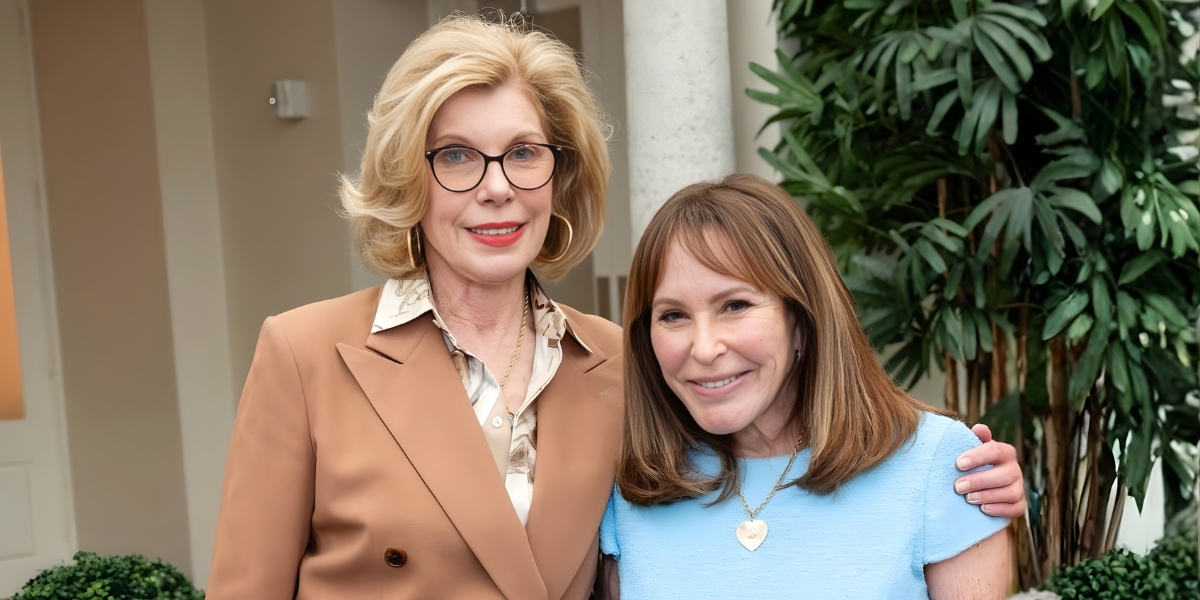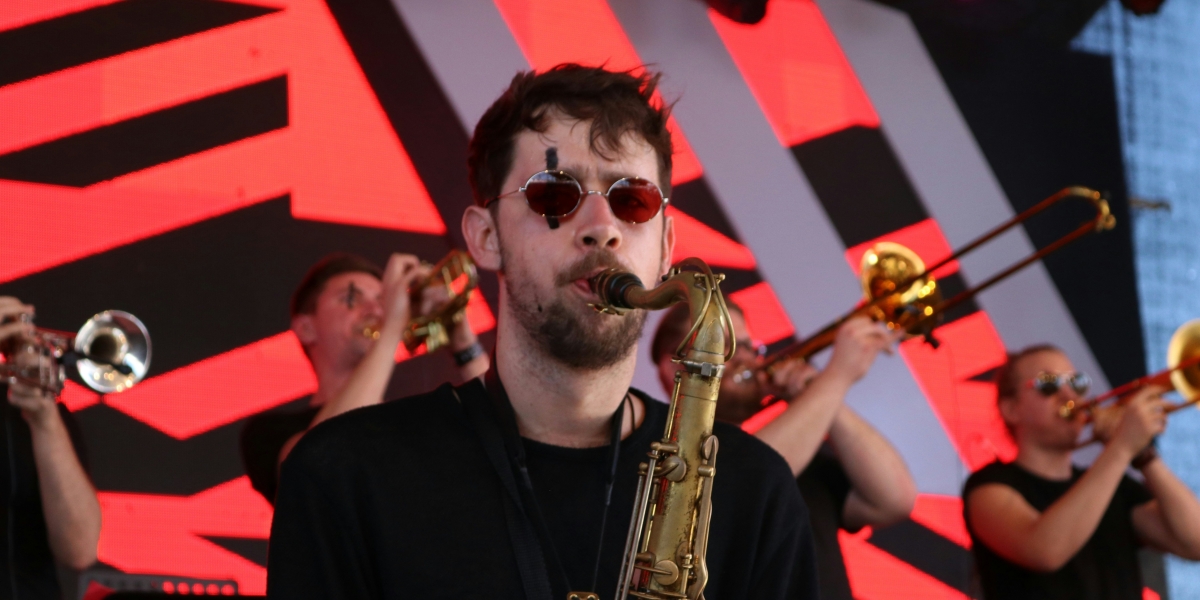By: Lisa Patrick
Kelly Oliver didn’t plan to become a bestselling mystery author—she discovered it. A renowned scholar of feminist philosophy and ethics, Oliver made an unexpected pivot into fiction a decade ago, a leap that began with a writing workshop and transformed into a prolific second act as a novelist. Today, with over twenty novels and four active mystery series to her name, Oliver has successfully bridged the gap between academic thought and popular fiction, bringing with her a fierce commitment to women’s issues and a deep love of storytelling.
Oliver’s leap into fiction began during a sabbatical from her philosophy professorship. With no prior experience in creative writing, she stumbled upon a mystery writing workshop in Nashville and dove in headfirst. What started as an experiment quickly became a passion. “If it had been a romance workshop, I’d be writing romance,” she jokes. But mystery writing stuck—and it sparked a whole new career. Since then, she has retired from academia to pursue fiction full-time, and her dedication shows in the range and depth of her work.
Across her many novels—whether set in the modern-day U.S. or WWI-era Europe—Oliver consistently weaves complex themes of power dynamics, justice, and gender politics into fast-paced, entertaining narratives. Her Jessica James series, for example, tackles heavy topics like human trafficking and fracking on Native lands, yet remains character-driven and often humorous. For Oliver, this balance isn’t accidental. “It’s easier to approach difficult subjects with humor,” she explains. “Not because the issues are funny, but because the characters and their reactions can be.”
In her two most recent series—The Fiona Figg Mysteries and The Detection Club Mysteries—Oliver shifts from contemporary to historical, engaging in what she calls a “feminist reclamation project.”
Her novels resurrect real-life women from history who have been forgotten, ignored, or misrepresented, giving them new life and agency through fiction. Figures like WWI pilot and air ambulance inventor Marie Marvingt, physicist Mileva Einstein, and jujitsu-trained suffragette Edith Garrud populate her stories, challenging the often male-centric lens of traditional historical fiction.
But Oliver isn’t just writing books—she’s also helping to shape the literary community. As an active member and leader in organizations like Sisters in Crime, she champions the value of writerly connection and collaboration. “Writing is a solitary enterprise,” she says, “so it’s important to build community. And I’ve learned so much from other writers in these groups.” She encourages all authors—especially those just starting out—to get involved, attend workshops, and keep honing their craft.
Despite her success, Oliver remains candid about the emotional toll and challenges of writing. “Every time I start a new book, I feel like I can’t do it,” she admits. But somehow, the words come. What begins as a few uncertain paragraphs grows into a finished manuscript, one page—and one cup of coffee—at a time. “Writing gives my life meaning and purpose. I need to write. I’m only happy when I’m writing.”
For readers, the result is fiction that is not only entertaining but thought-provoking—a blend of suspense, social commentary, and sly wit. And for aspiring writers, Oliver offers this simple yet powerful advice: “Keep writing. Don’t give up. Your audience is out there… and eventually you’ll find them.”
With no signs of slowing down, Oliver continues to explore new creative territory. Whether diving into historical archives or mentoring fellow writers, her work blends intellectual rigor with storytelling joy. As she builds on her remarkable second act, one thing is clear: Kelly Oliver isn’t just telling stories—she’s reshaping how we see women, history, and the power of fiction, all while keeping readers turning the page.
Explore Kelly’s books and learn more at kellyoliverbooks.com








